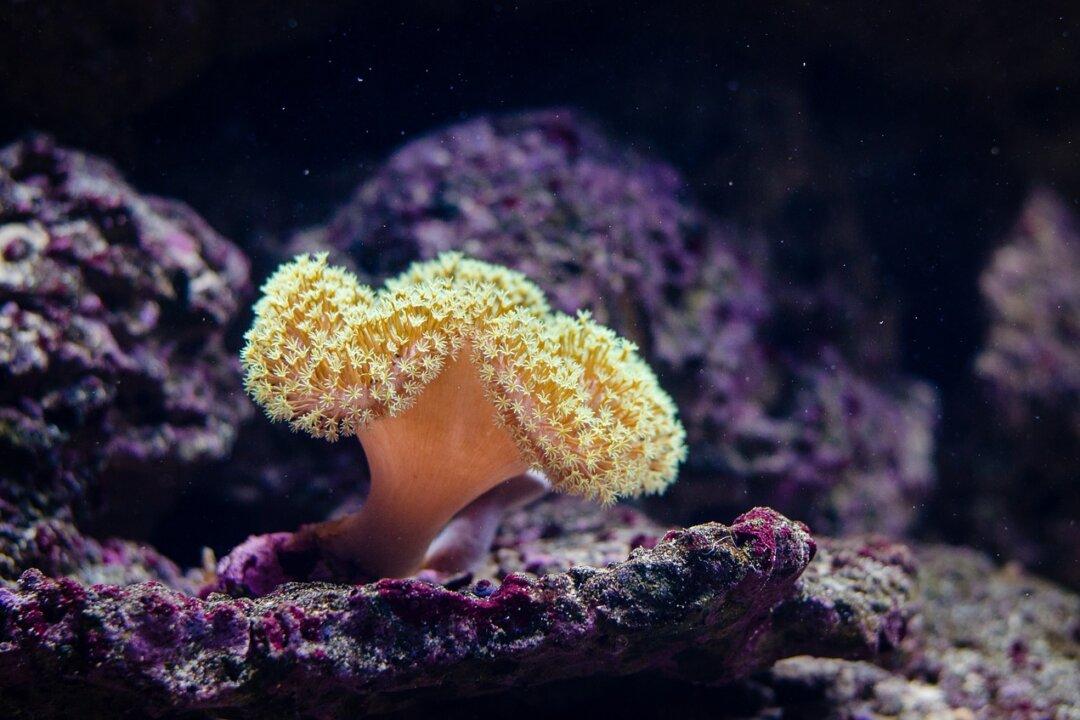The China-chaired UNESCO panel has given Australia eight months to submit a progress report on the Great Barrier Reef after it agreed to defer the ‘in danger’ vote until mid-2022.
In the committee meeting, 19 out of 21 countries agreed that there should not be an immediate in danger listing.





